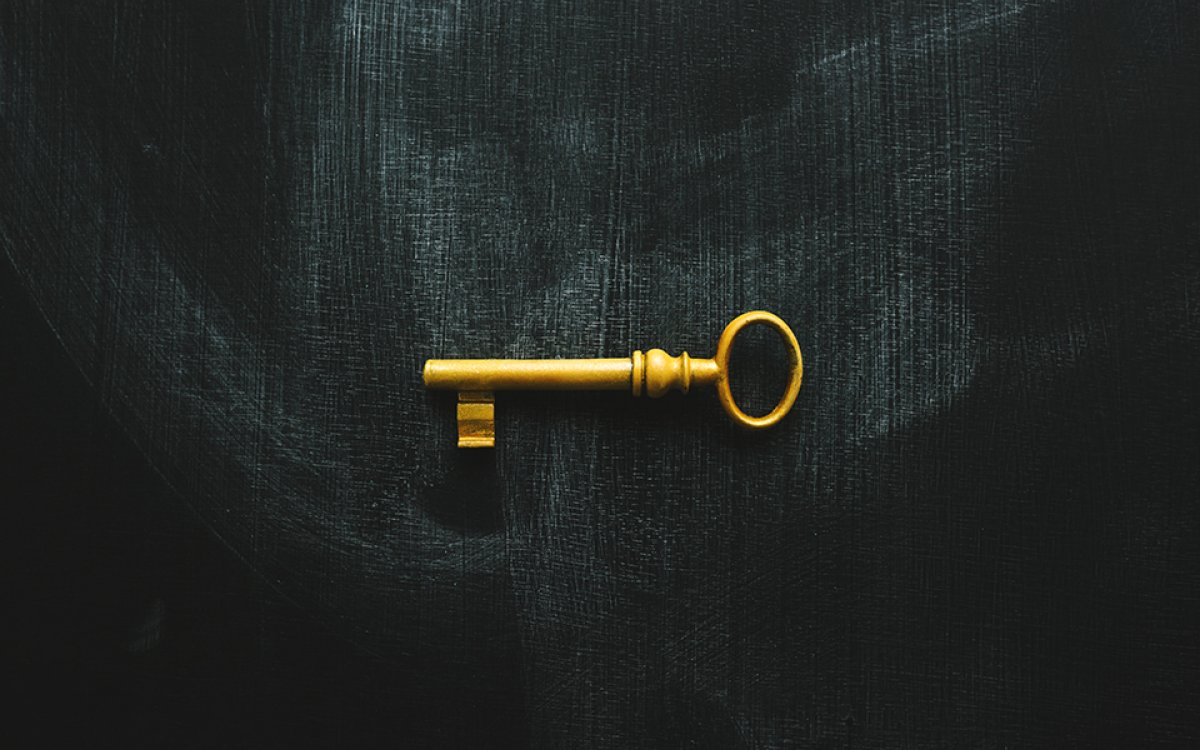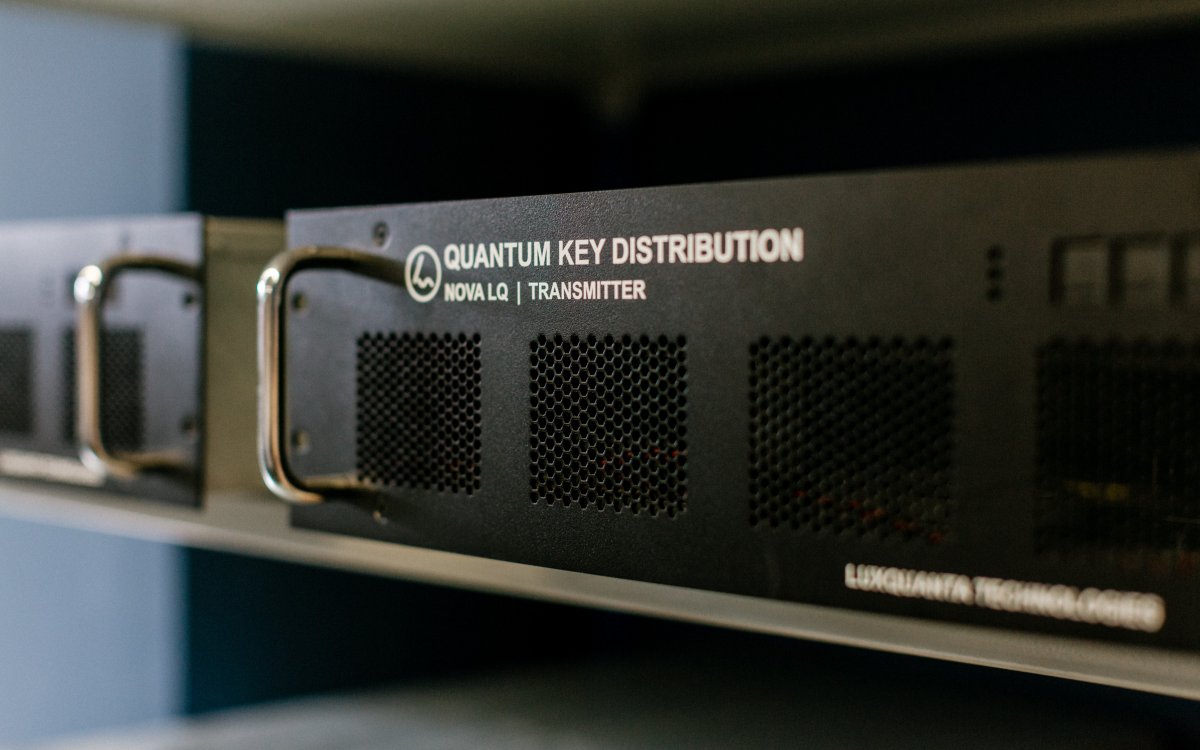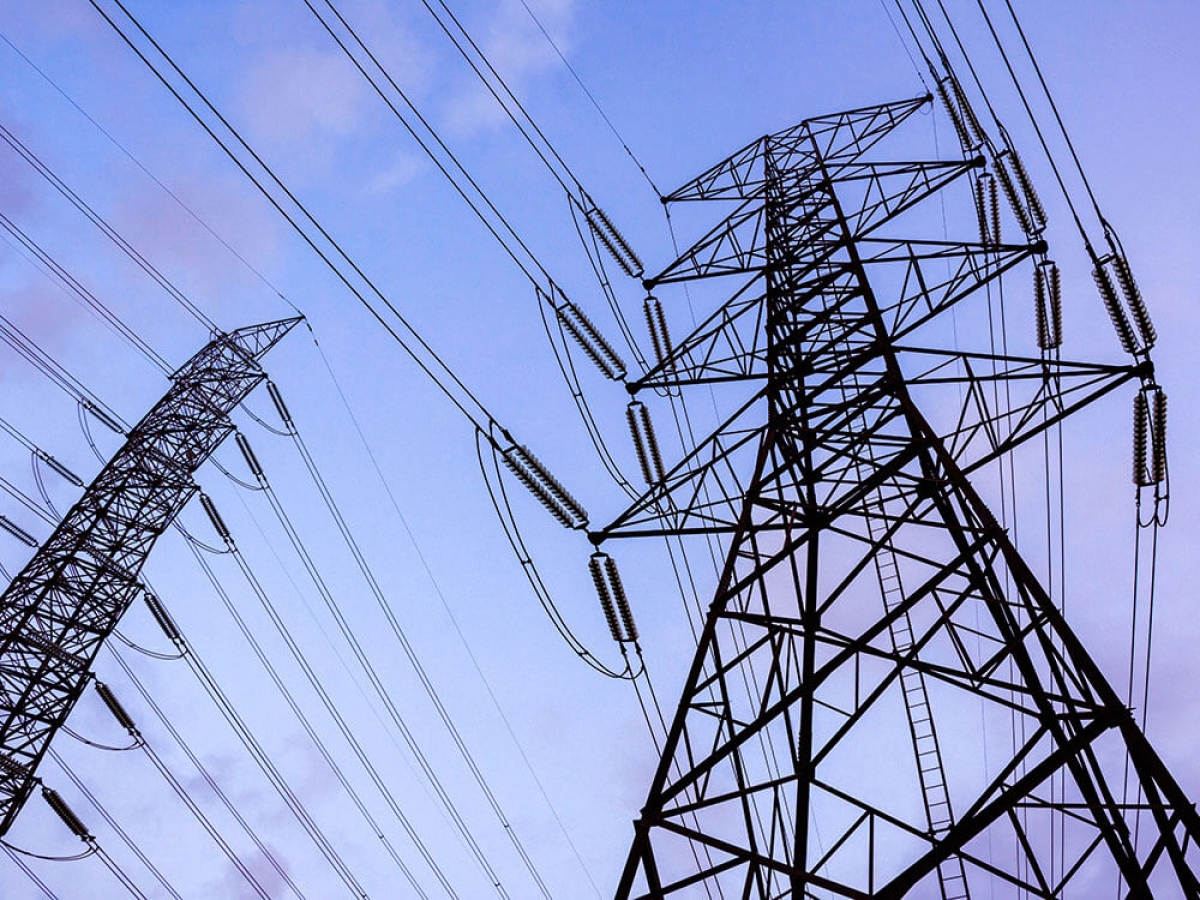
We use our own cookies and third parties ones to offer our services and collect statistical data. If you continue browsing the internet you accept them. More information
Any data sent over a link could be intercepted and read at any point unless encrypted. Encryption scrambles information into illegible states, useless to anyone without the key to decrypt it, keeping everybody’s data safe.
Cryptography applies mathematics algorithmics to build those keys and protect the information transmitted through a link from any attack.
This is because the keys are generated based on complex algorithms that would take too long for traditional computers to break, but it will be easily hackable by quantum computers.
It will happen once quantum computers reach a specific capacity, a milestone expected to occur over the next decade - not enough time to protect sensitive information that could have been stored today in a “harvest now and decrypt later” attack.

Quantum Key Distribution (QKD), also known as Quantum Cryptography, exploits quantum mechanical properties to securely generate a shared key between two remote network nodes using an optical fibre or through free space.
The distribution of quantum signals (extremely weak light pulses) combined with high-speed data processing allows this technology to detect an intruder trying to eavesdrop on the communication link.
This makes the shared key ultra-secure and resilient against the attack of a quantum computer.

LuxQuanta Quantum Key Distribution (QKD) systems preserve the confidentiality of communications in application segments with the most stringent security requirements.









Our mision is to seamlessly integrate innovative and secure Quantum Key Distribution (QKD) systems into existing telecommunication infrastructures, revolutionizing communication and data security.